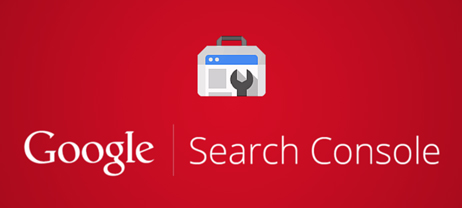There are many monitoring tools for checking a website’s health; however, Google Search Console is by far the most popular and powerful tool. It has certain extraordinary features that can transform a website.
SEO experts should use it to understand and fine-tune their website’s structure.
Fact:
- The Search Console is a dominant, free and vitally useful service offered by Google.
- Google Search Console helps to optimise a website to make it search engine friendly.
- Google Search Console helps you to monitor your website’s performance and identify critical technical issues.
Let’s discover how to use Google Search Console to fine-tune a website:
- Site Settings – You must set your preferred domain with the help of Site Settings. This will not only resolve your canonical issue, but also improve your site’s visibility.
- Change of Address – Use this if you have migrated your entire site to a new domain. This will help Google to index your new site.
- Structured Data - Use this section to identify how Google has structured your website and indexed it.
- HTML Improvements – Never ignore this section because it highlights the duplicate Meta titles and descriptions. It has an easy-to-use feature, which helps to optimise your website systematically.
- Accelerated Mobile Pages – This is a significant ranking signal. Study and analyse the report to make further changes in your website. (Tip- If you see errors in this section, fix them to make your site mobile friendly.)
- Search Analytics – Study Search Analytics to identify the amount of traffic driven to your website. This will also show you the organic position of your keywords. (Tip – Study your site’s average CTR, total clicks, impressions and average position of keywords.)
- Links to Your Site – Access this section to see important domains that link to your website. This is one of the best indicators of your site’s performance.
- Internal Links – This section shows internal link structure of your website. Use it to improve your internal link structure.
- Manual Actions – Always keep an eye on this section to check your website for any type of manual penalty. (Tip – If your website is hit by a manual penalty, understand the issues and fix them immediately.)
- Index Status – Study this crucial section to determine how many pages of your site are currently included in Google’s index.
- Crawl Errors – Use this section to identify total number of site errors, server errors, 404 errors, and URL errors. (Tip – If your website has many server errors, 404 errors, and URL errors, fix them immediately.)
- Sitemaps – Submit your xml sitemap in this section to allow Google to crawl all the pages of your website.
Hope this article will help you to improve your site’s usability and visibility.





